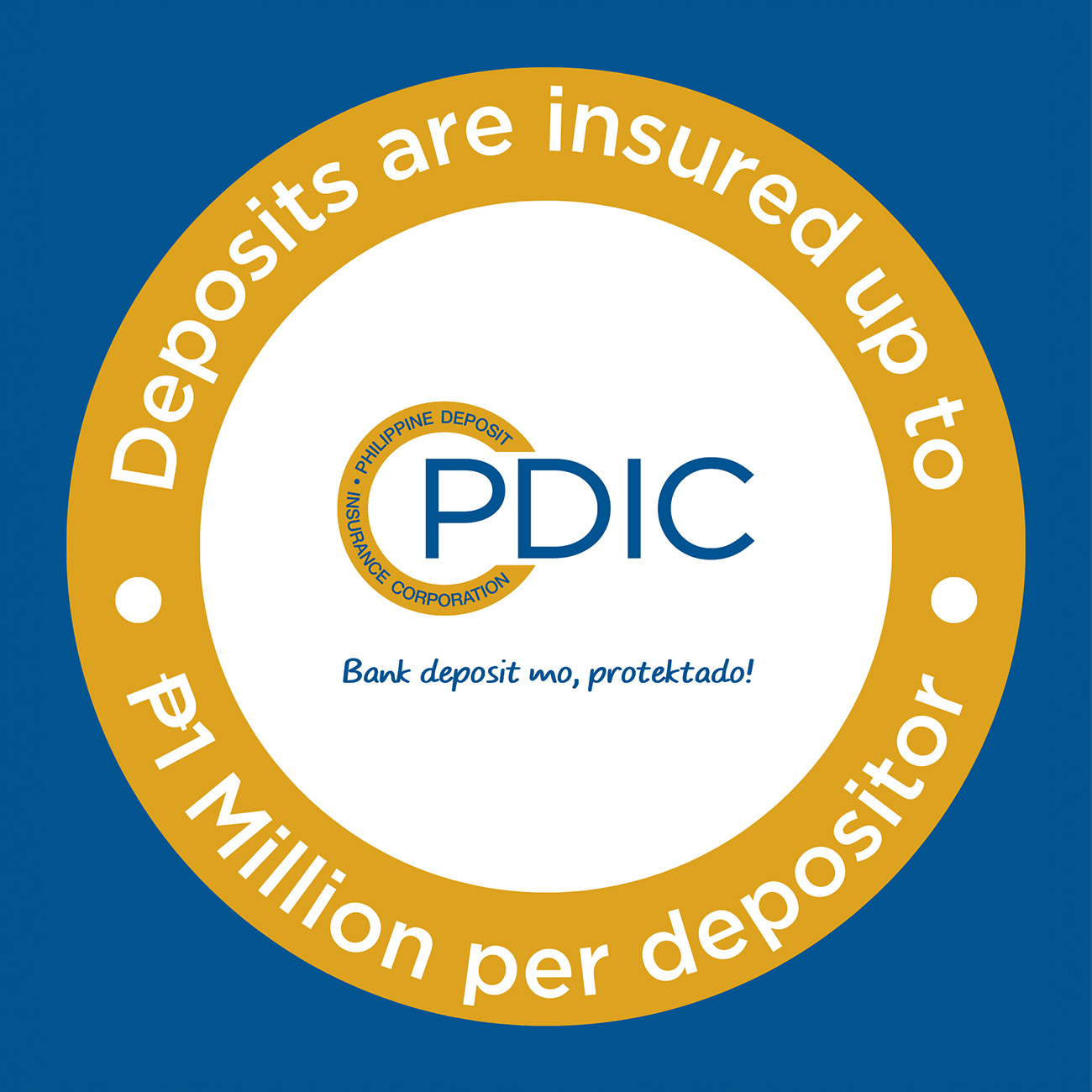As digital natives step into adulthood, Gen Z Filipinos are becoming increasingly active in managing their finances—opening bank accounts, investing, and exploring side hustles.
However, their growing financial independence also makes them prime targets for scammers. It’s essential to know what are ways of avoiding financial scams to protect hard-earned money and avoid becoming another victim of online fraud.
Financial scams have become more sophisticated, often disguised as legitimate offers or online interactions. According to the Philippine National Police, cybercrime incidents increased by nearly 69% in 2023 compared to the previous year, highlighting a significant rise in online threats targeting Filipinos.
The accessibility of online platforms makes it easier for scammers to manipulate emotions, exploit ignorance, and take advantage of digital-first behaviors.
Many of these scams follow similar patterns, relying on deceit, urgency, and emotional manipulation. It's no surprise that Gen Z falls for online scams more frequently, as these schemes often target digital-first behaviors and online habits. Here are the most common scams Gen Z should watch out for:
Fake Investment Schemes
Scammers lure young adults with promises of “quick returns” through crypto, forex, or e-wallet investments. These are often Ponzi or pyramid schemes, where early returns are paid from new investments rather than real profits. These traps highlight the urgent need for awareness of how Gen Z avoids financial scams before making investment decisions.
Phishing and Fake Job Offers
Many Gen Z job seekers receive fake emails or messages offering high-paying remote work. These scams often ask for upfront payments for training or equipment, money that disappears once paid. Always confirm a company’s legitimacy before applying.
Romance and Online Relationship Scams
Some fraudsters exploit emotions by pretending to form online romantic relationships. They eventually ask for financial help due to fabricated emergencies, leveraging trust to deceive.
Loan Scams
Fraudulent online lenders prey on financially struggling youth, offering quick loans with hidden charges, unauthorized deductions, or identity theft. Always read the fine print and verify lenders through official platforms.
Gen Z scams usually use psychological manipulation and urgency. Watch for these red flags:
Too-good-to-be-true promises
Whether it's investments or job offers, unusually high returns or pay should raise skepticism. If something sounds too good to be true, it probably is. Scammers prey on people’s desires for quick success or financial freedom, often dangling the allure of high-paying remote jobs, investment schemes with guaranteed profits, or sudden lottery wins.
Urgent and secretive tone
One of the most common psychological tactics scammers use is creating a false sense of urgency. Phrases like “Act now before it’s too late!” or “Don’t tell anyone—this is just between us” are designed to pressure victims into making hasty decisions without thinking them through.
Scammers want you to act emotionally rather than rationally, making it harder to detect the warning signs. Legitimate organizations will always give you time to make an informed decision and will not discourage you from consulting with others.
Requests for upfront payments or personal details
Red flags should immediately go up if you're asked to provide personal details (such as your Social Security number, bank account, or passport information) or make payments before receiving any service or confirmation of legitimacy.
Authentic businesses and government agencies follow strict protocols when handling sensitive data and payments. Without due verification and secure communication channels, they won't ask for your financial or personal details. Always verify the requester's identity through official contact points before sharing any information.
Unverifiable sources and contact details
Scammers often operate behind fake names, websites, or email addresses that look legitimate at first glance. Always scrutinize web links, company names, and contact information. Check the website has a valid HTTPS certificate, look for company registration details, and read online reviews or ratings.
If you can’t verify the identity of the organization or person reaching out to you, it’s best to walk away. Trustworthy entities will have transparent contact details and a verifiable presence across multiple platforms.
Scams can happen to anyone, but with the right knowledge, you can avoid becoming a victim.
Educate Yourself Continuously
Financial literacy is your first line of defense. Familiarize yourself with common fraud tactics and scams through trusted sources. Check out these Financial Tips for Young Adults to Secure Their Future for smart money habits and safeguards.
Verify Before You Trust
Cross-check names, institutions, and offers. Use government databases, official websites, and known hotlines. Look for reviews and community forums where others share their experiences. Knowing what are ways of avoiding financial scams begins with taking time to validate information.
Use Strong Digital Hygiene
Avoid using the same passwords across platforms. Enable two-factor authentication on financial apps. Avoid clicking suspicious links, especially from unsolicited messages or emails.
Report and Share
If you encounter a scam, report it to the National Bureau of Investigation Cybercrime Division or the Bangko Sentral ng Pilipinas. By sharing your experience, you help others steer clear of similar traps. To learn how you can outsmart fraudsters today, read this comprehensive guide.
Know the Psychology of Scams
Scammers often exploit trust and urgency. Understanding their psychological tricks helps you stay one step ahead. Read more about this in Two Truths and A Lie: The tricks scammers play.

How to Pay Your Credit Card Bills Online

5 Key Terms in Your Credit Card Statement You Must Know



